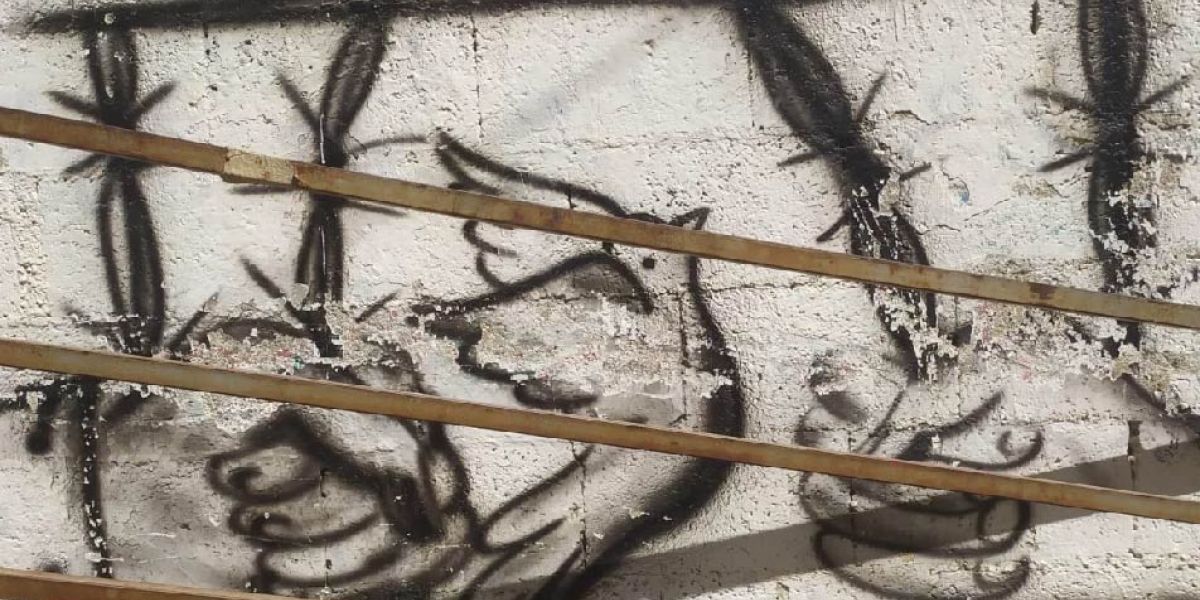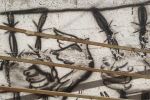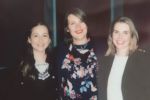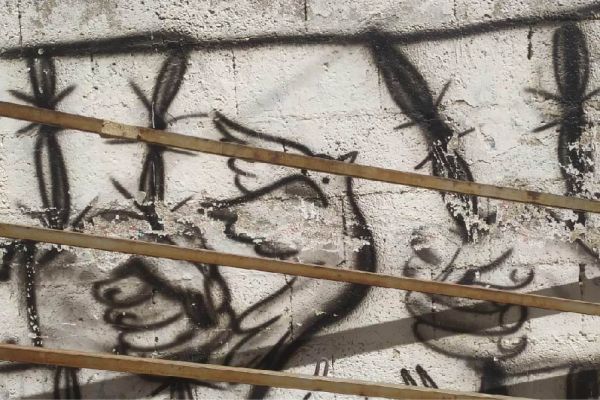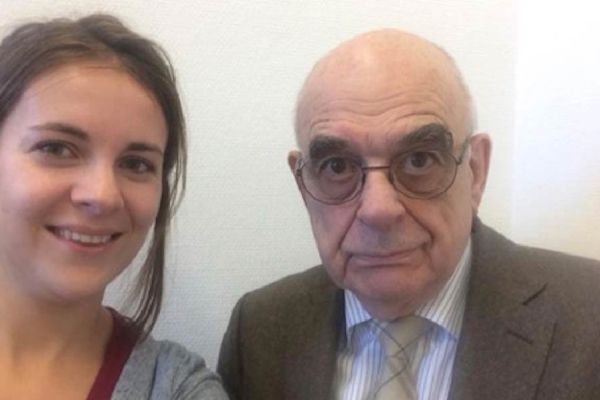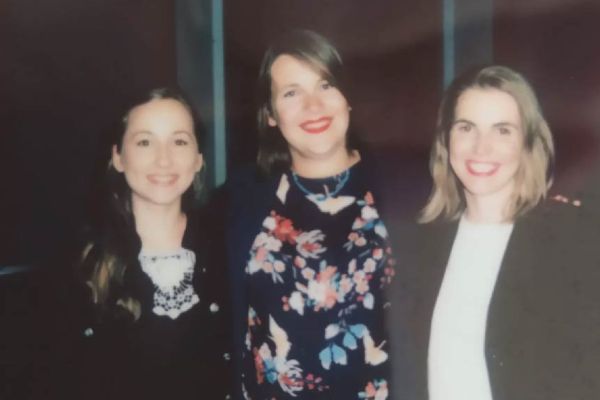Recently, there has been quite some debate about academic freedom in the Netherlands. Many worry that academic freedom has been decreasing. This means: as an academic researcher, you cannot freely share your thoughts or write what you want. One of the cases recently debated concerns Dr. Susanne Täuber, who was fired by Groningen University for several reasons, including the fact that she wrote and published an article on gender discrimination based on her experiences at her own faculty. Another example is the worry and experience of students becoming increasingly civically engaged or “woke” and, through their actions, forcing taboos upon the academic community. Actions may include calling for the firing of academics for expressing opinions that run contrary to their own.
My experience with limitations on academic freedom
I have also had some personal experience with criticism, taboos and censorship in academia recently.
Last year, I encountered quite some criticism when teaching in a new Bachelor program. One criticism was that I prescribed to read Hannah Arendt’s chapter on the Rights of Man, without indicating that in other texts she has been racist (honestly, I had no idea). A second criticism was that we started our course and discussion on the history of human rights with discussing the Nuremberg Trials: because this was Eurocentric, and because we didn’t include a trigger warning. A third criticism was that a case study on female genital mutilation/cutting in Somaliland, included in the course materials, was “othering”.
A second experience has to do with a response to a paper I recently published. In the paper, I wrote about a research methodology (covert research) which we employed in Moroccan-Controlled Western Sahara, to study the children’s rights situation in this area. In the response paper, a group of academics from Tilburg University claimed that my use of the method encouraged epistemic injustices committed by the Global North against the Global South. Replying to this, I and some other colleagues argued that this was unfortunately necessary, because in these types of authoritarian situations, there is no other way to do research on children’s rights. And ultimately being excluded from research is also a form of epistemic injustice.
My recent experience in Palestine, where I was teaching at a Palestinian university, showed me another possible issue with academic freedom. In Palestine, condemning the Israeli occupation and severing any ties with Israel is mandatory for all students and academics (and it seemed to be so also, at least to some degree, for Palestinian society at large – including its visitors). In the Netherlands, the activist group “Dutch Scholars for Palestine” have demanded for academics and institutions to implement the same boycott.
Personally, in the Palestinian context, I find demands for this boycott completely understandable. Having seen and heard first-hand how Palestinian children suffer from Israeli occupation, due to not being able to move around and the regular violence by the Israeli military and settlers towards their friends, families and themselves, I understand the strong urge to want to act and do something to stop this. Especially since the Israeli occupation of West Bank and Gaza is clearly illegal under international law.
However, I am not completely sure if, even in such an extreme context, there should be taboos in academia. In this case, the taboo seems to go even further, so that Palestinian scholars are expected to contribute to the struggle for the freedom of Palestine through their academic work. Palestinian scholars invited to speak abroad are expected to speak about Israel/Palestine. Any other work or interest becomes almost irrelevant. While understandable, it is also problematic in the sense that your education, the thoughts that you can express and receive, the topics that you can study, are all limited. I am not sure, and luckily it is not up to me to decide, whether the struggle for Palestinian liberation needs this limitation on academic freedom.
Lessons for academic freedom in the Netherlands
These three recent experiences have made me more convinced that, at least in the Netherlands, we should strive for maximum academic freedom. This means that we should invite the expression of a large range of opinions from all kinds of perspectives, even those that we may personally consider harmful. Yes, we can add a trigger warning so that people are not caught off-guard. But that doesn’t mean that we should censor our opinions. Censorship certainly shouldn’t be institutionalised, but neither should it be enforced through social/peer pressure. As a teacher, I should not be afraid to present a case study on female genital mutilation/cutting in Somaliland because I am not from Somaliland. I should not be afraid to write about a research method used in the Western Sahara, just because I am a researcher from the Global North doing research in the Global South. If we allow this censorship to take over through social pressure (e.g. the anger of a group of students) then we will damage our education and our research. This is what I saw in Palestine: if you are focused on the taboo, and you limit academic freedom in this direction – although completely understandable – you limit possible development of the minds of students. You limit education, for students and for academics. We risk ending up all saying the same thing, reading books that also say the same thing, only developing our thoughts in one direction, and keeping our other thoughts to ourselves. Because we are encouraged to avoid controversy, and we fear being “cancelled”.
For example, when editing this blog, I very seriously considered taking out the reference to my recent experience in Palestine. Because I fear the negative reactions it may cause, since anything related to Israel/Palestine seems to be highly sensitive. On the other hand, the experience in Palestine was an eye-opener for me in many respects, and I thought that sharing it here might benefit others.
A possible solution
Does this mean academics should stop being critical? Absolutely not. Academic criticism by students and employees, even if unnuanced or in some cases not completely informed, should be welcomed and encouraged. Because we can always learn from different opinions. Indeed, we should welcome hearing different opinions because they stimulate our critical thinking and therefore contribute to education in a broad sense. And, of course, teachers can learn a great deal from students, and use their input to improve their teaching (e.g. trigger warnings were a new idea to me, and it took some time to adjust – but now I’m happy to add these).
However, I believe (as I wrote in my “personal note” in our reply paper) that it is important that we remain respectful towards the people who hold different opinions from our own. We should encourage them and welcome them to share their opinion, no matter how strongly we may disagree. In fact, their opinion will contribute to our education, so we should thank them. As John Stuart Mill wrote, in his work On Liberty, since human beings are fallible:
“The only way in which a human being can make some approach to knowing the whole of a subject, is by hearing what can be said about it by persons of every variety of opinion, and studying all modes in which it can be looked at by every character of mind.”
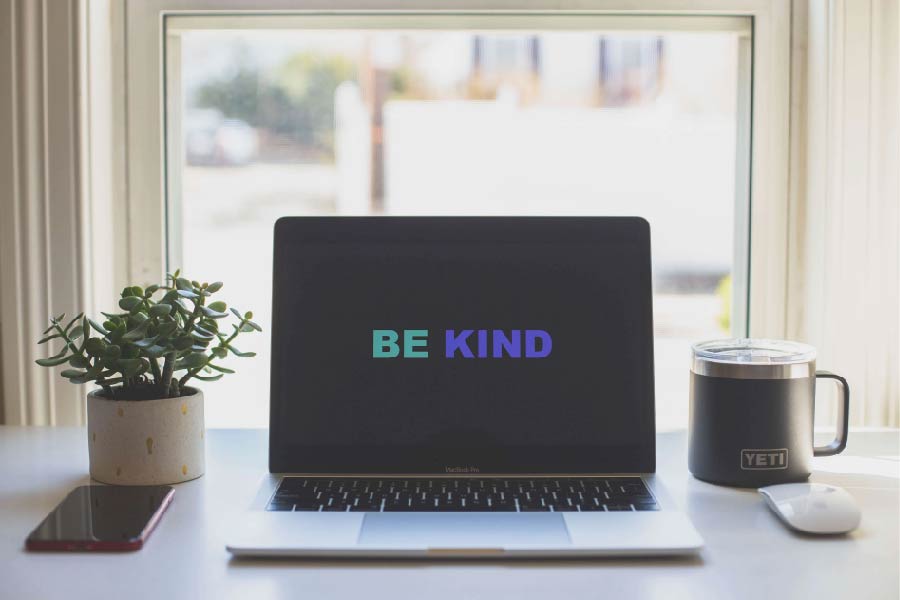
Criticism should be expressed in a kind and interested manner.
If we do not create space for a diversity of views, if we react to views different from our own with anger and we attack the person expressing the opinion, the diversity of views will disappear from our classrooms and our writings. Academia will become increasingly monolithic in its views, writings, and topics. In the end, this is not only unpleasant, but it will lead us further away from any truth seeking. In the words of Mill:
“However unwillingly a person who has a strong opinion may admit the possibility that his opinion may be false, he ought to be moved by the consideration that however true it may be, if it is not fully, frequently, and fearlessly discussed, it will be held as a dead dogma, not a living truth”.
As authors, teachers, speakers, this means that we have to find the courage to express views, and present research findings, that are potentially controversial. This, again, we should do with kindness and understanding. But if we can, we should not censor ourselves, and we should actively protect others (both students and colleagues) who express unpopular opinions.
Conclusion
In sum, I would argue that we should allow and stimulate the maximum possible academic freedom. We should allow someone like Täuber to write critically about her experiences in her own faculty, and welcome her input. We should welcome students to criticise our courses. We should welcome colleagues to criticise our writings. However, kindness is key. Criticism should be expressed in a kind and interested manner. If we criticise in anger and we demand for an opinion, view, text, idea to be censored – especially if we engage others to do the same, for example on social media – we limit academic freedom. We create taboos and limit our education and possibility for discussion. Even when this is not regulated formally. Because people (including those in power at institutions) will self-censor if under social pressure to do so. And this would be a great loss for all in academia and beyond.
